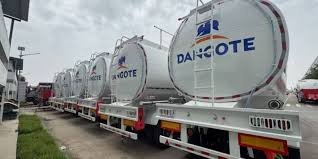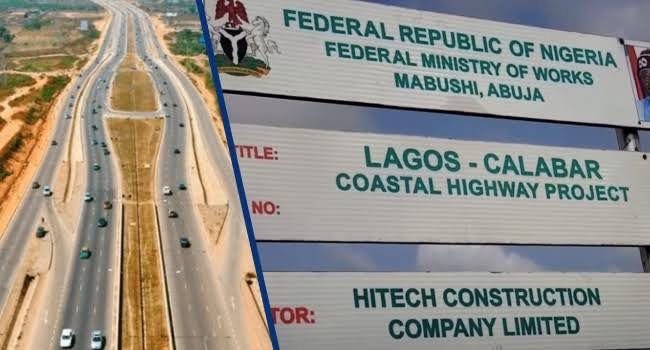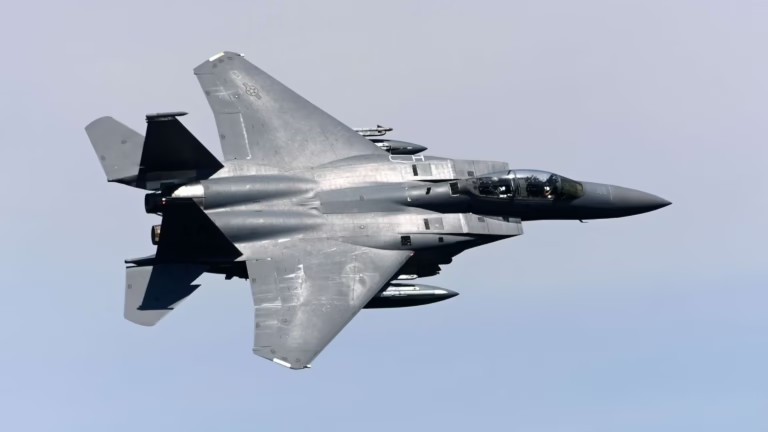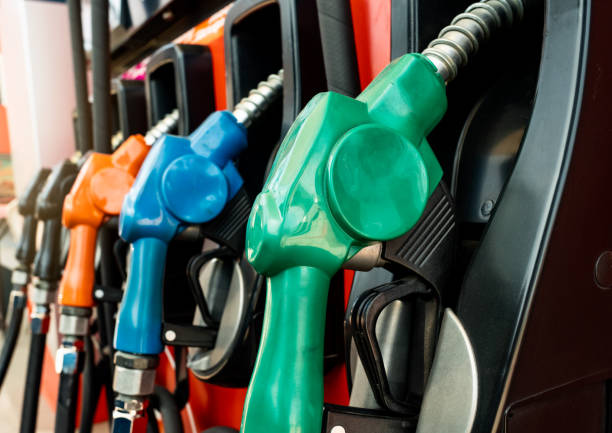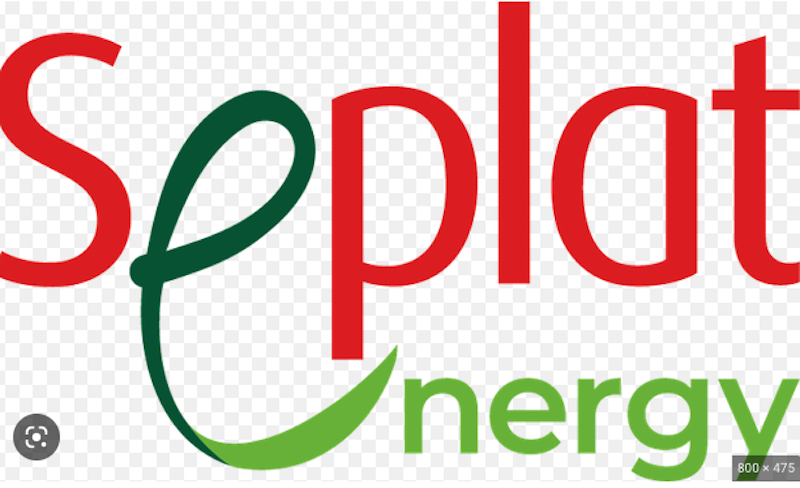Nigeria’s downstream fuel sector is facing its biggest shake-up in decades. Dangote is taking direct control of logistics, utilizing 4,000 CNG trucks. By deploying a fleet of these compressed natural gas trucks—more than double the current estimated number in active circulation—Dangote Industries is transforming Nigeria’s downstream oil sector.
The strategy effectively bypasses traditional fuel marketers. This cuts out middlemen and grants the group direct control of the value chain from refining to retail. The move marks the most assertive example yet of vertical integration in Nigeria’s petroleum market. It has potentially far-reaching implications for price stability, delivery efficiency, and the structure of the fuel distribution industry.
Control and Consolidation
Dangote’s dominance of the supply chain extends across refining, transportation, and end-user sales. By internalising logistics through the new CNG fleet, the group expects to lower transportation costs, especially for routes to the North. This area has historically struggled with high diesel costs. Moreover, the initiative aims to reduce fuel delivery times and exert greater pricing discipline across the market.
Also Read:
- Dangote Refinery Petrol: Marketers to Start Lifting Dangote Petrol On Sunday at N765.99 Per Litre
- Port Harcourt Refinery Cannot Compete With Dangote Refinery, Cost May Outweigh Benefits
- How Many Jobs Can Dangote Refinery Actually Create?
- Cessations and Destinations: Issues in Gas Flare Commercialisation in Nigeria
A spokesperson for the group confirmed the delivery model will be supported by over 100 new CNG filling stations nationwide, in what could become a prototype for modern, low-emission fuel distribution in West Africa’s largest economy.
A Blow to Independent Traders
The implications for Nigeria’s fragmented ecosystem of fuel traders and diesel logistics firms are stark. Over 6,700 independent marketers could be affected by the bypass. PETROAN, a major association of independent fuel dealers, describes the move as “an attempt to wipe us out.”
The implications for Nigeria’s fragmented ecosystem of fuel traders and diesel logistics firms are stark. Over 6,700 independent marketers could be affected by the bypass. PETROAN, a major association of independent fuel dealers, has described the move as “an attempt to wipe us out.”
Truckers who rely on diesel-powered fleets also confront significant headwinds. Many express concern over job displacement and a lack of transition support.
This rapid restructuring of market dynamics has triggered broader fears of monopolistic control, even as policymakers welcome the potential for lower pump prices and more consistent fuel availability.
Green Pivot Meets Commercial Strategy
While primarily a commercial strategy, the shift to CNG-powered transport aligns with Nigeria’s broader decarbonisation goals. CNG is not only cleaner than diesel but also cheaper. This provides a dual incentive amid soaring logistics costs and mounting climate pressures.
Analysts suggest that the move could reduce Nigeria’s reliance on imported diesel. Furthermore, it could serve as a template for greener transport systems. This is especially true if adopted by other sectors such as agriculture and manufacturing.
The aggressive rollout of credit incentives—such as a 500,000-litre purchase with matched volume on two-week credit terms—also indicates that Dangote is targeting industrial buyers directly, eroding the traditional hold of fuel wholesalers.
Risk and Reward
The benefits are clear: lower distribution costs, faster delivery timelines, and a more integrated market structure. But the risks are equally pronounced. The consolidation of market power in a single operator raises regulatory questions. There is also the spectre of long-term dominance if counterweights are not introduced.
The African Energy Council, in a statement, acknowledged the potential for efficiency gains and emissions reductions, but cautioned that inclusion must not be sacrificed.
“We support innovation,” the Council noted, “but it must include everyone. Let’s build a system that works not just for giants, but for everyday Nigerians too.”
Dangote’s initiative represents more than operational optimisation—it is a strategic power play with the potential to redefine the terms of engagement in Nigeria’s fuel economy. If successful, it could create a benchmark for energy logistics in the region. Success will depend not only on execution but on how the broader system absorbs, adapts, and regulates this new paradigm.


